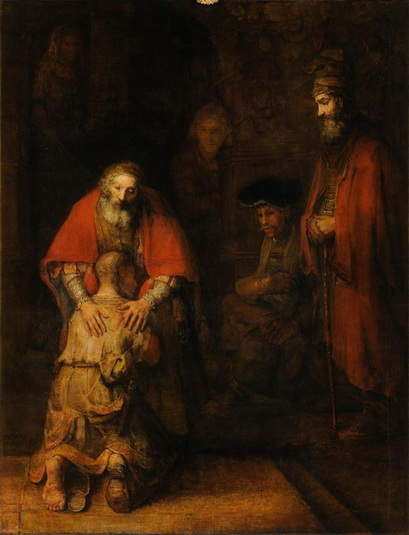|
Taking the Namby-Pamby Out of Compassion
I found the essay “Keep Your Compassion, Give Me Your Madness” (NYTimes, June 20, 1987) while doing research on compassion in literature and I felt like I struck gold. In it, the writer and critic Anatole Broyard wonders “whether it isn’t oxymoronic for a novel to be brilliant and compassionate at the same time” and “whether compassion isn’t just another form of writer’s block.” Finally, he claims there’s something “sticky, pious, or namby-pamby about the word.” There it is in print, namby-pamby, further evidence of how compassion, often mistaken for pity or sentimentality, gets a bad rap. Broyard wants characters “to survive on the strength of their deviousness and stubborn wrongheadedness.” That’s what makes a novel brilliant according to him, because after all, novels are a form of “sadomasochism” anyway. Huh. Broyard provides no examples of the namby-pamby, compassionate novels of which he speaks and abruptly shifts his essay into a review of a non-fiction book about the neurotic utopian socialist, Charles Fourier (Charles Fourier: A Visionary in His World, University of California Press, 1987) who sought to construct a society based upon human pleasure and “passionate attraction.” This essay/book review provoked a reader to write a letter to the editor titled “Compassion in the Novel” (NYTimes, August 1, 1987). The reader chastises Broyard for not giving evidence to prove his point, as any college freshman knows to do. That reader was bestselling author and National Book Award winner John Irving. Irving refutes Broyard with the classics, concrete examples like Tolstoy’s Anna Karenina, and specifically the character Levin, who believes life has meaning by the power of goodness he puts into it. Levin’s relationship with the peasant people who live on his land is exemplary in the novel: it shows the interconnectedness of humanity, which in the good, translates to compassion. I would like to add to Irving’s list the Grapes of Wrath: who doesn’t remember that last scene where Rose of Sharon, after having lost her baby, nurses the half-starved man back to life? Or in Ethan Frome when the hypochondriac misanthrope Zeena changes her tune and devotes her life to caring for the crippled Mattie and Ethan? In these beacons of literature, compassion has a sort of power and is anything but namby-pamby. In the summer edition of The Compassion Anthology we are including “The Cloak” a classic itself, by Nikolai Gogol. Fyodor Dostoevsky said of the short story, “We all come out from Gogol’s overcoat” speaking here of Gogol’s influence on Russian literature and literature in general. The story is timeless in its premise of lack of compassion and how a society will be “haunted” by remorse when the powers-that-be don’t do the right thing. We have contemporary examples in Michael Brown and other black men killed by police; these men may not have been as innocent as Akakiy Akakievitch, but they certainly did not deserve the fate that befell them. Also included here are works by Janel Houton, whose colorful paintings lend awareness to endangered species living among us; Mikele Rauch’s paintings of compassion and healing after violence; Don Cooper’s photographic collage of Mother Teresa (the icon of compassion) amidst the destitute in India; Cansu Bulgu’s “Eye of Oneness” that portrays how, in the stillness of the self, unity and compassion show up; Laura Foley’s poetry based on her fearless plunge into “compassion predicaments”; and Marina Cantacuzino’s reflection on the complex nature of forgiveness. I hope you find these works and the others published here inspiring and evidence that art, too, can touch this innate power in us all. Laurette Folk, Editor |
Prodigal Son by Rembrandt
|
